WHO Ebola Fact Sheet
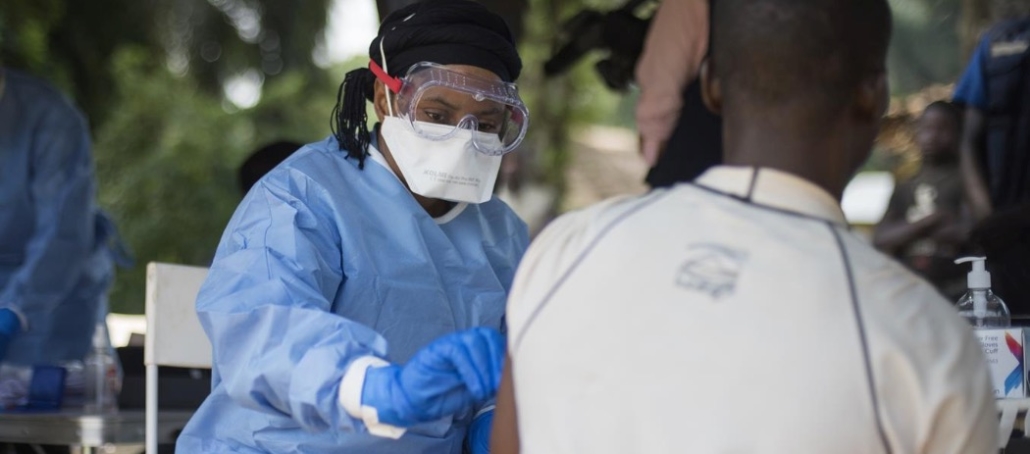 This WHO Ebola fact sheet (2021) provides comprehensive facts on Ebola, covering transmission, symptoms, prevention and control, vaccine, care for those recovered from Ebola and WHO response.
This WHO Ebola fact sheet (2021) provides comprehensive facts on Ebola, covering transmission, symptoms, prevention and control, vaccine, care for those recovered from Ebola and WHO response.
Source: WHO Ebola Fact Sheet
 This WHO Ebola fact sheet (2021) provides comprehensive facts on Ebola, covering transmission, symptoms, prevention and control, vaccine, care for those recovered from Ebola and WHO response.
This WHO Ebola fact sheet (2021) provides comprehensive facts on Ebola, covering transmission, symptoms, prevention and control, vaccine, care for those recovered from Ebola and WHO response.
Source: WHO Ebola Fact Sheet
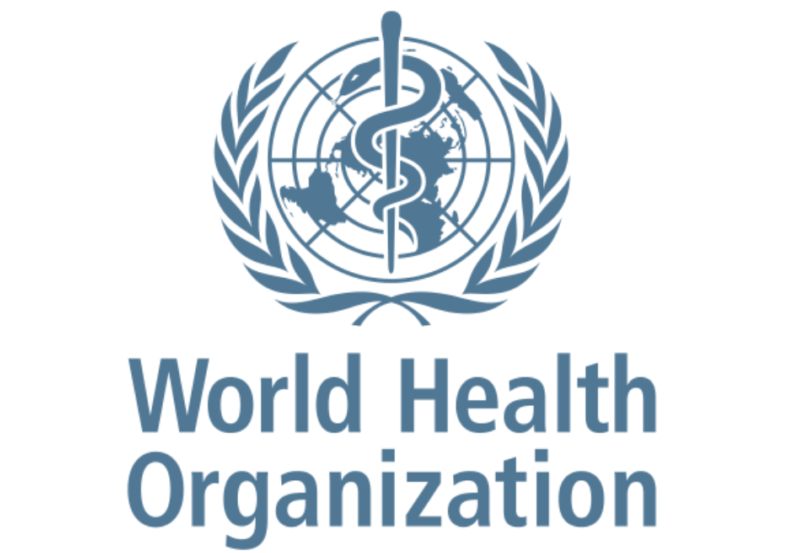
This fact sheet provides updated (2020) facts on Ebola Vaccines, addressing vaccine licensing, distribution, eligibility, adverse effects, ring vaccines and the role vaccines in outbreak control.
Source: Ebola FAQ’s (WHO)
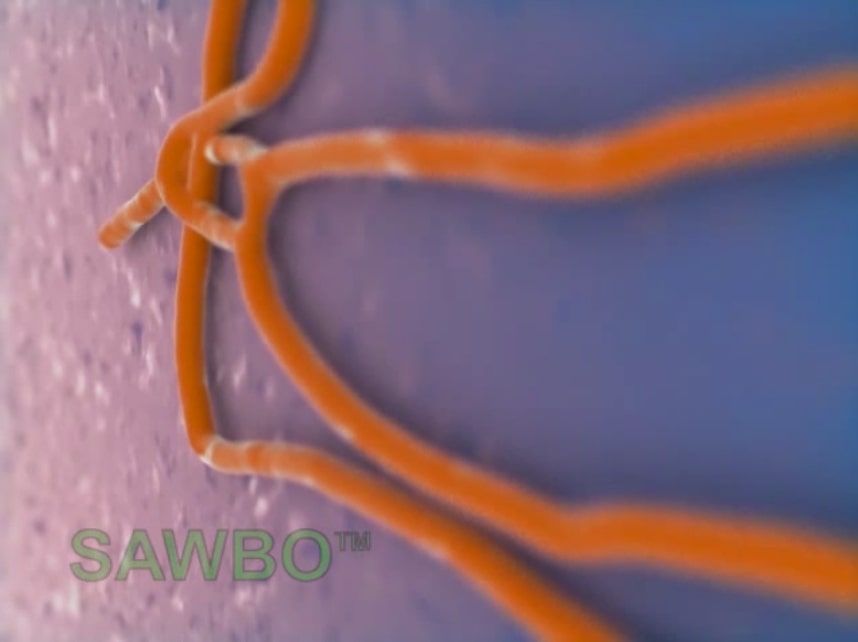 This video from the Democratic Republic of the Congo provides information on the symptoms of Ebola disease, how it is transmitted, and how we can help stop its transmission.
This video from the Democratic Republic of the Congo provides information on the symptoms of Ebola disease, how it is transmitted, and how we can help stop its transmission.
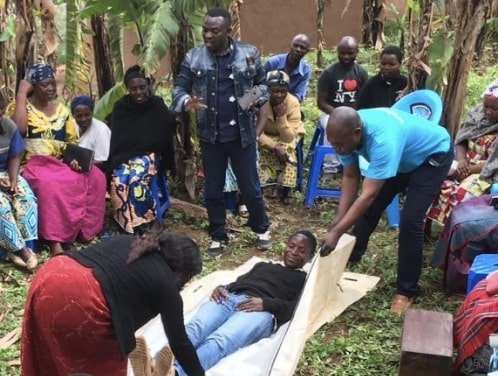 This Message guide provides key messages for various audiences (Communities, family members, survivors, leaders and government administrators and health care workers) on dignified and secure burial, IPC, vaccination, nutrition, medical care. Also included are messages for points of entry, survivors and on surveillance.
This Message guide provides key messages for various audiences (Communities, family members, survivors, leaders and government administrators and health care workers) on dignified and secure burial, IPC, vaccination, nutrition, medical care. Also included are messages for points of entry, survivors and on surveillance.
Sources:
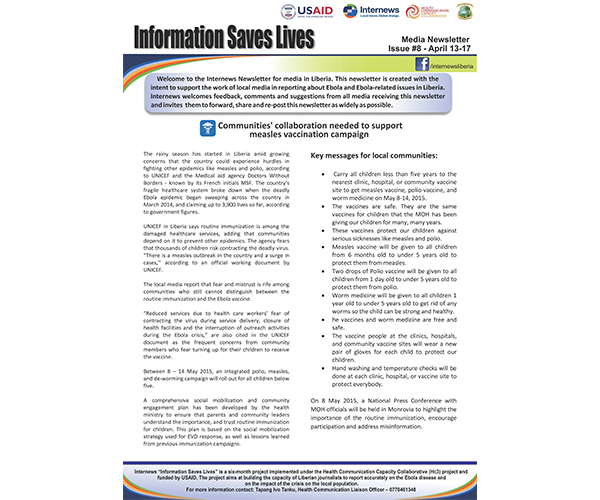
The Internews Newsletter for Media in Liberia is created with the intent to support the work of local media in reporting about Ebola and Ebola related issues in Liberia. The newsletter aggregates important information and resources for media so that the information they provided is accurate, consistent and reliable. |Download|
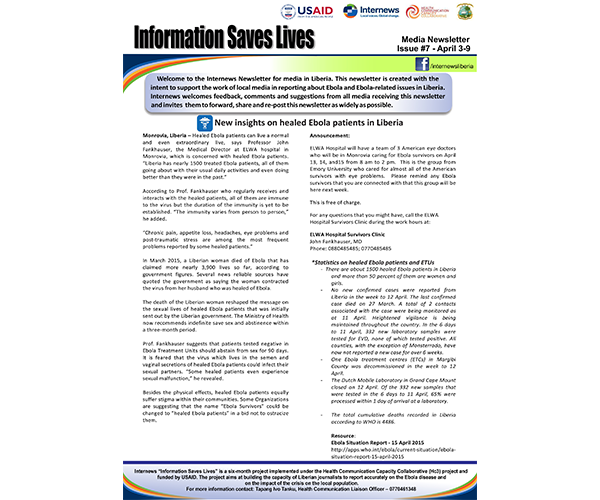
The Internews Newsletter for Media in Liberia is created with the intent to support the work of local media in reporting about Ebola and Ebola related issues in Liberia. The newsletter aggregates important information and resources for media so that the information they provided is accurate, consistent and reliable. |Download Issue 7|
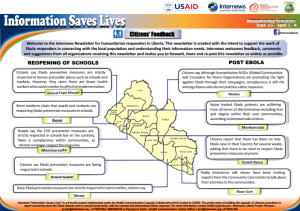 This newsletter is created with the intent to support the work of Ebola responders in connecting with the local population and understanding their information needs.
This newsletter is created with the intent to support the work of Ebola responders in connecting with the local population and understanding their information needs.
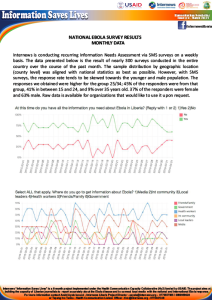 This newsletter is created with the intent to support the work of Ebola responders in connecting with the local population and understanding their information needs.
This newsletter is created with the intent to support the work of Ebola responders in connecting with the local population and understanding their information needs.
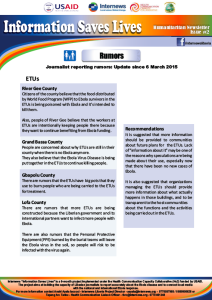 This newsletter is created with the intent to support the work of Ebola responders in connecting with the local population and understanding their information needs.
This newsletter is created with the intent to support the work of Ebola responders in connecting with the local population and understanding their information needs.
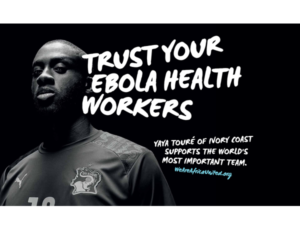 Africa United is a global team of football stars, celebrities, international health bodies and other organizations committed to stopping the spread of Ebola and building a healthier West Africa. Africa United provides critical education, resources and solidarity to those affected by Ebola in West Africa.
Africa United is a global team of football stars, celebrities, international health bodies and other organizations committed to stopping the spread of Ebola and building a healthier West Africa. Africa United provides critical education, resources and solidarity to those affected by Ebola in West Africa.
Our mission is to help stop the spread of Ebola and protect individuals and communities in affected areas by:
Africa United launched in the fall of 2014 to meet a critical need for support and behavior change messages, and uses the power of celebrity – African footballers – to deliver these messages through media, sports, health and governmental distribution partners. The campaign has produced and distributed a series of videos, radio spots and print materials (e.g., posters, football cards, notebooks) that feature locally influential celebrities delivering health and support messages, and we work closely with CDC in-country teams and NGO partners to adapt materials to rapidly changing needs. To view or download the materials, please visit www.WeAreAfricaUnited.org.
Africa United: Trust Your Health Worker Poster ft. Yaya Toure (Manchester City/Ivory Coast)

The Ebola Communication Network was originally developed by the Health Communication Capacity Collaborative (Cooperative Agreement #AID-OAA-A-12-00058) and expanded under Breakthrough ACTION (Cooperative Agreement #AID-OAA-A-17-00017) both under the leadership of Johns Hopkins Center for Communication Programs. This website is now maintained by Johns Hopkins Center for Communication Programs and its contents are the sole responsibility of CCP. The contents of this website do not necessarily reflect the views of USAID, the United States Government, or Johns Hopkins University.
